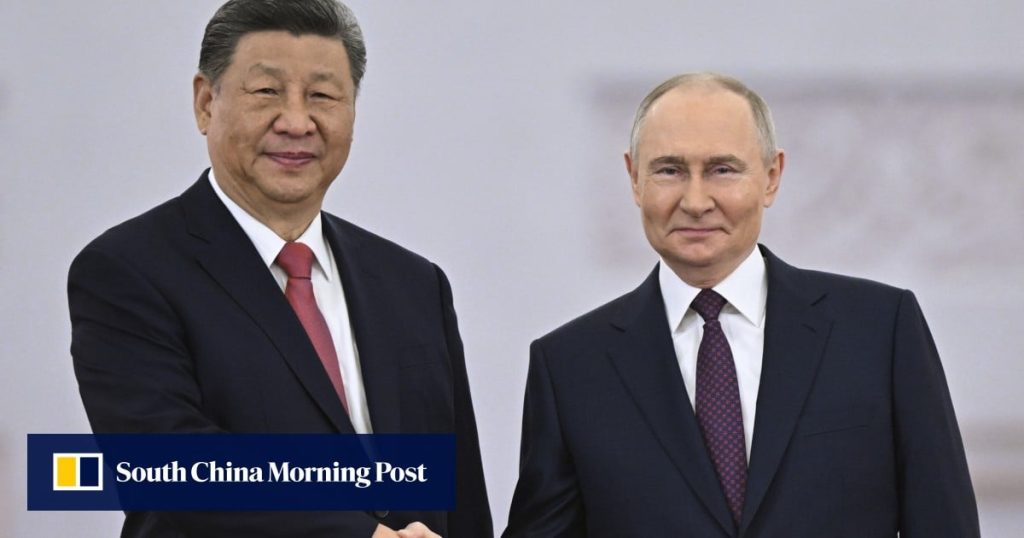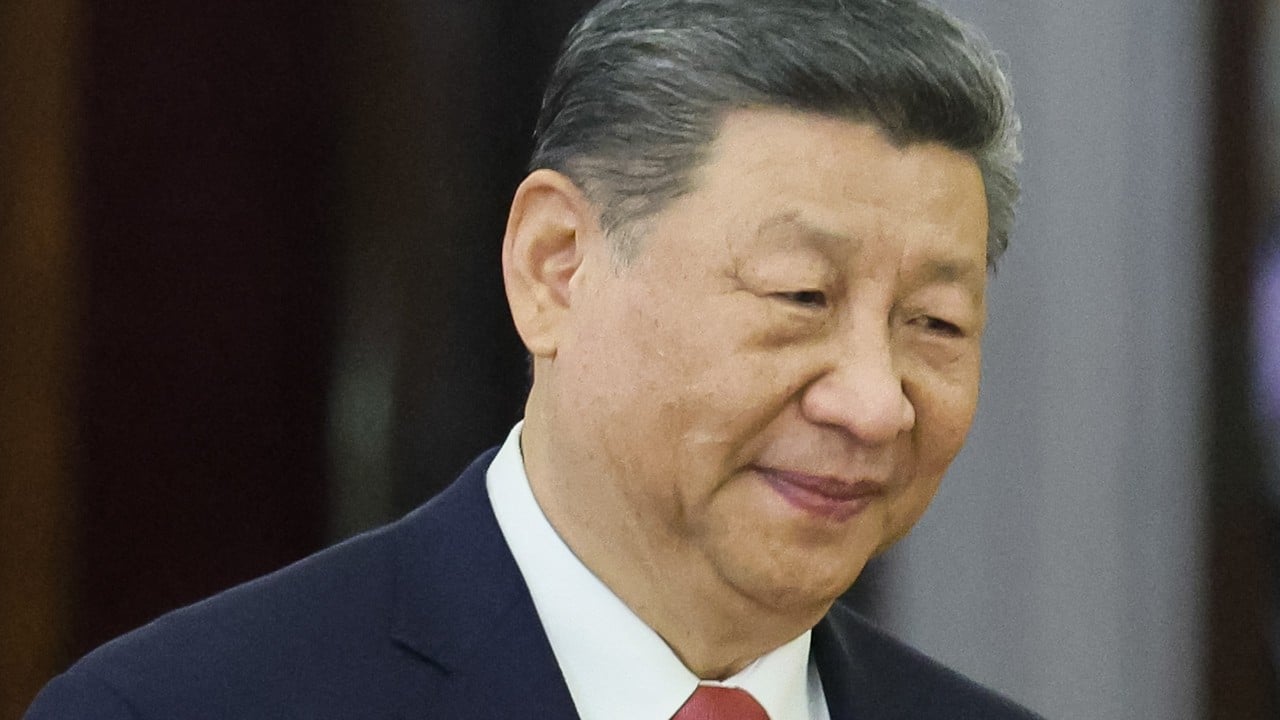It will not only mark 80 years since the Soviet defeat of Nazi Germany in World War II – it will signal defiance of Western pressure through military might and historical narratives, according to observers.
The event is aimed at projecting Xi and Putin’s “unbreakable” bond while asserting their legitimacy as global leaders – despite Russia’s protracted war in Ukraine, the US president’s tariff war with China, and Donald Trump’s “reverse Nixon” outreach attempts towards Moscow.
With military parades also planned in Beijing and Washington this year, pundits say these militaristic displays of national pride reveal how historical memory surrounding World War II has become a potent tool for political agendas and a battleground for narratives and influence.
Xi, who Putin called “our main guest” at the Victory Day festivities, arrived in Moscow on Wednesday for a four-day visit, his third since Russia launched a full-scale invasion of Ukraine over three years ago.



